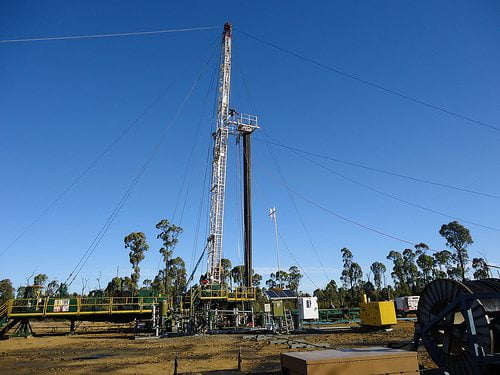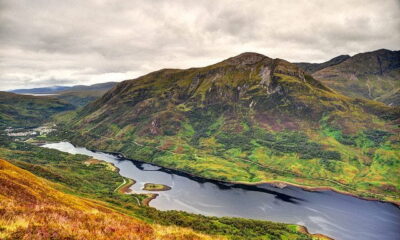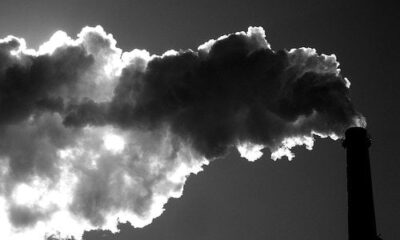

Energy
Report says fracking poses ‘low’ health risk – but sustainable investors remain wary
The public health risks that derive from exposure to emissions from shale gas extraction are low if operations are run properly and regulated, according to a Public Health England (PHE) report.
Shale gas remains a controversial topic in the UK, with protests against the activity and evidence from the US suggesting it can contaminate water supplies.
The PHE report argues that if operations are properly regulated, the risks are low.
John Harrison, director of PHE’s Centre for Radiation, Chemical and Environmental Hazards, said, “Where potential risks have been identified in other countries, the reported problems are typically due to operational failure.”
Energy minister Michael Fallon welcomed the report, saying, “The UK has he most robust regulatory regime in the world for shale gas and companies will only be granted permission to frack for shale if their operations are safe.”
Conflicting reports around shale gas and the ethics and associated risks can make it difficult for sustainable investors to decide whether to invest their money in the industry.
Peter Michaelis, head of the SRI team at Alliance Trust Investments, said, “That ‘if’ keeps cropping up in relation to shale gas extraction. If they are properly run, then there is no danger to public health; if they are properly run, methane emissions will be minimal; if they are properly run, local water pollution will not occur.
“The one thing that is missing is the trust that shale gas will be properly run. The record in the US is far from perfect. So while we see benefits in natural gas as a transition fuel, we remain wary of shale gas investments.”
A report released earlier this month claimed that 280 billion gallons of radioactive waste water was produced through fracking in the US in 2012. As a result, the report concluded, “Analysis shows that damage from fracking is widespread and occurs on a scale unimagined just a few years ago”.
Helen Rimmer, energy campaigner at Friends of the Earth, stated that there were no guarantees that water contamination won’t happen, “especially given gaping holes in regulation”.
She added, “If we’re going to tackle climate change we can’t afford to burn more dirty fossil fuel – we should be developing renewable energy instead.”
Further reading:
Greenpeace seeks to end ‘reckless’ fracking developments
France heralds ‘environmental and political victory’ after fracking ban confirmed
Fracking poses ‘serious threat’ of water contamination, says report
Balcombe protesters shut down camp – but vow to return if fracking resumes


 Environment12 months ago
Environment12 months agoAre Polymer Banknotes: an Eco-Friendly Trend or a Groundswell?

 Features11 months ago
Features11 months agoEco-Friendly Cryptocurrencies: Sustainable Investment Choices

 Features12 months ago
Features12 months agoEco-Friendly Crypto Traders Must Find the Right Exchange

 Energy11 months ago
Energy11 months agoThe Growing Role of Solar Panels in Ireland’s Energy Future





























